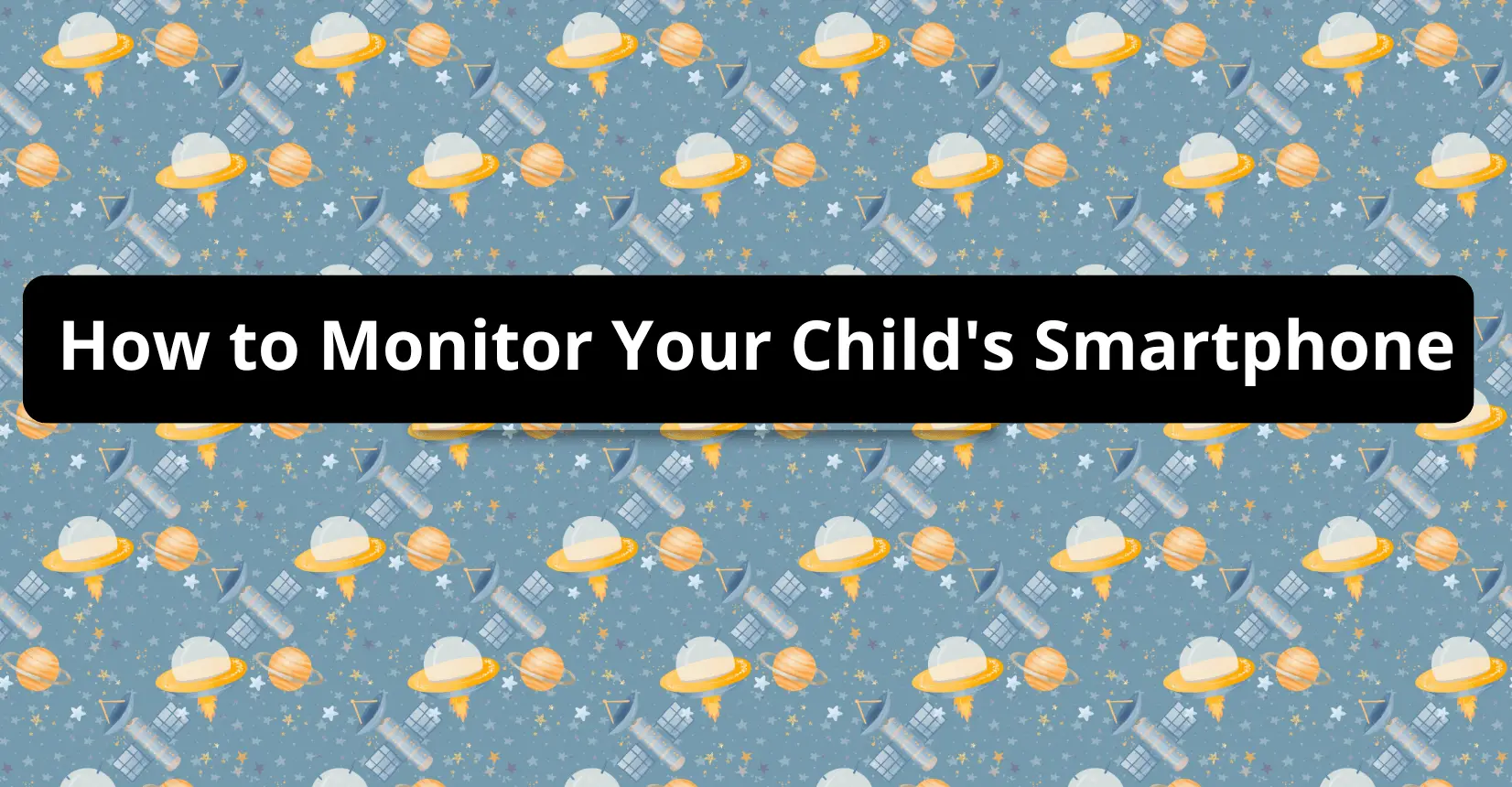In today’s technology-driven era, parents often find themselves pondering the ethics and strategies of monitoring their children’s smartphone usage. This is more than just a parenting issue—it’s a technology challenge that involves understanding apps, privacy settings, and even legal considerations. So let’s get technical and explore this multifaceted topic, including the role of specialized monitoring apps and whether it is possible to spy without Apple ID?
Three Tech-Driven Reasons for Parental Monitoring
As smartphones increasingly become an essential part of modern life, even adolescents and pre-teens are getting their hands on these powerful devices. Here’s why technology experts advocate for some level of parental oversight:
- Cybersecurity and Online Safety: The online ecosystem is rife with numerous risks such as phishing schemes, cyberbullying, and online predators. By leveraging phone monitoring tools, parents can set security protocols and even use AI-powered features to flag suspicious activities or conversations, thereby enhancing their child’s digital safety.
- Combatting Academic Dishonesty in the Digital Age: The Internet is a double-edged sword; while it offers a wealth of information, it also provides easy ways to cheat in academic settings. Monitoring apps can block certain functionalities or flag specific types of web searches, helping to maintain academic integrity.
- Fostering Digital Wellness: Monitoring tools can also track screen time, app usage, and other digital habits, allowing parents to guide their children towards a more balanced digital lifestyle.
The Right to Digital Privacy: A Counterargument
Before diving into monitoring methods, it’s important to address the elephant in the room: privacy.
From a tech law perspective, parents generally have the right to monitor their minor children’s online activities. However, constant surveillance might raise ethical questions around privacy rights, especially as children grow into teenagers.
Implementing Tech-Savvy Monitoring Without Breaking Trust
So how can parents use technology to monitor their child’s smartphone activities without damaging the parent-child relationship? Let’s examine some options.
Use of Monitoring Apps
For a systematic approach, consider using monitoring apps like mSpy. These can provide comprehensive information about your child’s online activities, including:
- SMS and call logs
- Browsing history
- Social media activity (messages, posts, and comments) •
- GPS location tracking
mSpy and similar apps offer a technology-driven solution for tracking various aspects of phone usage, from text messages to web browsing history and even geolocation.
These apps operate in two modes – ‘Visible’ and ‘Stealth’. Enabling parents to choose whether to notify their children of the monitoring.
Setting Up mSpy: A Quick Tutorial
- Account Creation: Visit mSpy’s website and register a new account. Specify the target device—Android or iOS.
- App Installation: Follow the instructions to download and install the app on your child’s phone.
- Begin Monitoring: Access all the tracked data through a secure dashboard.
How to Install and Use mSpy
Want to start monitoring teenager cell phone? Here’s a step-by-step guide for setting up mSpy.
Step 1: Create an Account
Visit the mSpy website and create a new account. You’ll need to select the type of device your child is using, Android or iOS.
Step 2: Download and Install
Once you have created your account, you’ll need to download and install the mSpy app on your child’s device. The installation process is quick and easy.
Step 3: Start Monitoring
Once the app is installed, you can start monitoring teenager cell phone at any time. You can access all the information collected in your secure Control Panel.
Manual Checks
Another way to control your children’s online presence is by manually checking their phones. Review their call logs, text messages, and social media activity. Make sure to do this with their knowledge and consent, of course.
You might also agree on certain parameters, such as specific apps or websites that are off-limits. Your key objective is to ensure your child’s safety while also respecting their privacy.
The Middle Path: Monitoring Teenager Cell Phone Responsibly
Finding a balance between monitoring teenager cell phone and respecting their privacy is no easy task. Here are some tips to help you find that sweet spot.
1. Open Communication is Key
Honest and open conversations about why you’re considering monitoring their phone usage can help ease any potential resistance. Make it clear that your actions stem from concern for their safety, not a desire to control them.↳
2. Guiding Rather Than Imposing
Instead of banning certain apps or websites, teaching your child safe internet practices might be more effective. Show them how to identify potential online threats and how to handle them appropriately.
Conclusion
To sum up, should parents check their child’s phone? It depends on the unique dynamics of each family. However, the need for responsible monitoring, underpinned by respect and guidance, is undeniable. Parental control apps, like mSpy, can serve as valuable tools in this quest – not as spying instruments, but as safety nets. They help us guide our children through the digital world, ensuring their safety while fostering responsible online behavior.
